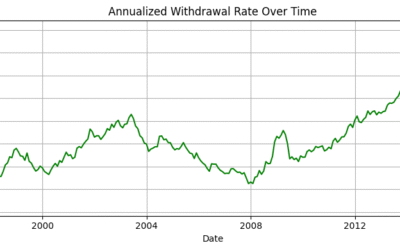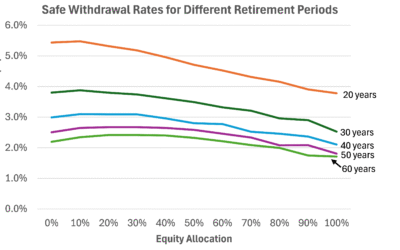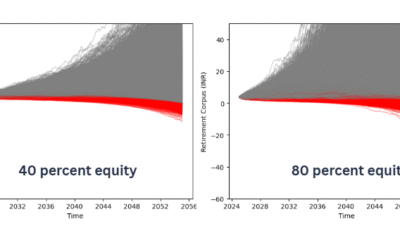Sometimes we shy away from asking fundamental questions about investing- like what is debt and equity investments. In this post, we talk about these two important categories of investment products.
Whenever there is a discussion surrounding investing, we often hear the words “debt” and “equity”. What do these words mean? Lets try and wrap our heads around these terms.
First, we strongly suggest you watch this video for a quick overview on the topic.
Now, lets look at debt investments more closely.
Debt investments are those investments that carry a fixed rate of interest and have a fixed tenure.
There are two kinds of debt investments. The first kind is called deposits- like a fixed deposit for instance. When we make a fixed deposit at a bank, we earn a fixed rate of interest for a fixed time period– like 1 year, 2 year or 5 years.
Other examples of debt investments which are in the nature of deposits are: the Public Provident Fund (PPF), the Employee Provident Fund (EPF), deposits in post office– all these different kind of deposits carry a fixed rate of interest and have a fixed tenure.
The second kind of debt investments are loans. When you give a loan to someone, it is a type of a debt investment. There are several entities that borrow money – like the government or large corporates. If you use your savings to give them a loan, it means you have made a debt investment.
An example of such an investment is when we buy a government bond or bonds issued by large corporates. Buying a debt mutual fund is another example as such mutual funds invest in different types of bonds.
So, that’s on debt – it is either a deposit or a loan with fixed return and fixed tenure.
An equity investment on the other hand, is very different. An equity investment means buying ownership in a company. What you can do is go to the share market, and buy “shares” of a company. When you buy shares of a company, what you are really doing, is buying ownership in a company. This is called equity investing.
When you give the company a loan, it is a debt investment. However, when you buy ownership in the company, it is an equity investment.
So, the equity markets give you an opportunity to become part-owners in a business. You can, for instance, go to the Bombay Stock Exchange, which is a share market, and become part-owner of a company. Pretty cool huh?
Now, if you recall, when you make a debt investment, you earn interest. What do you earn when you make an equity investment by buying shares in a company? You earn dividend income, which is your share in the company’s profits.
Dividends are not the main attraction though when you invest in equity. The main attraction of investing in equity is the expectation that you will be able to sell you shares at a higher price than what you bought it for. So if you buy a share in a company, and the company does really well, the value of that share will increase. You may have bought the share at 20 rupees, and the value of that share can go up to say 25 rupees, giving you a 5 rupees profit.
There is a risk though – that the share value may fall. In fact, if things don’t go well with the company, or with the economy, that 20 rupees share may become a 15 rupees share, giving you a loss of 5 rupees.
So when you are investing in equity, given that share prices can go up or down, you have to be very careful. You should only invest in shares of good companies and give time for share values to increase rather than expect to make a quick buck.
In a subsequent post, we will talk about the factors your should consider while deciding whether to invest in debt or equity. We hope you found this useful, and until next time, good bye!







0 Comments